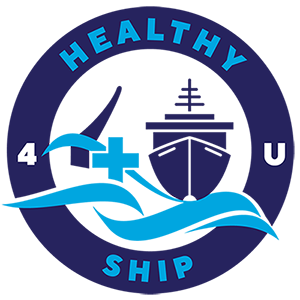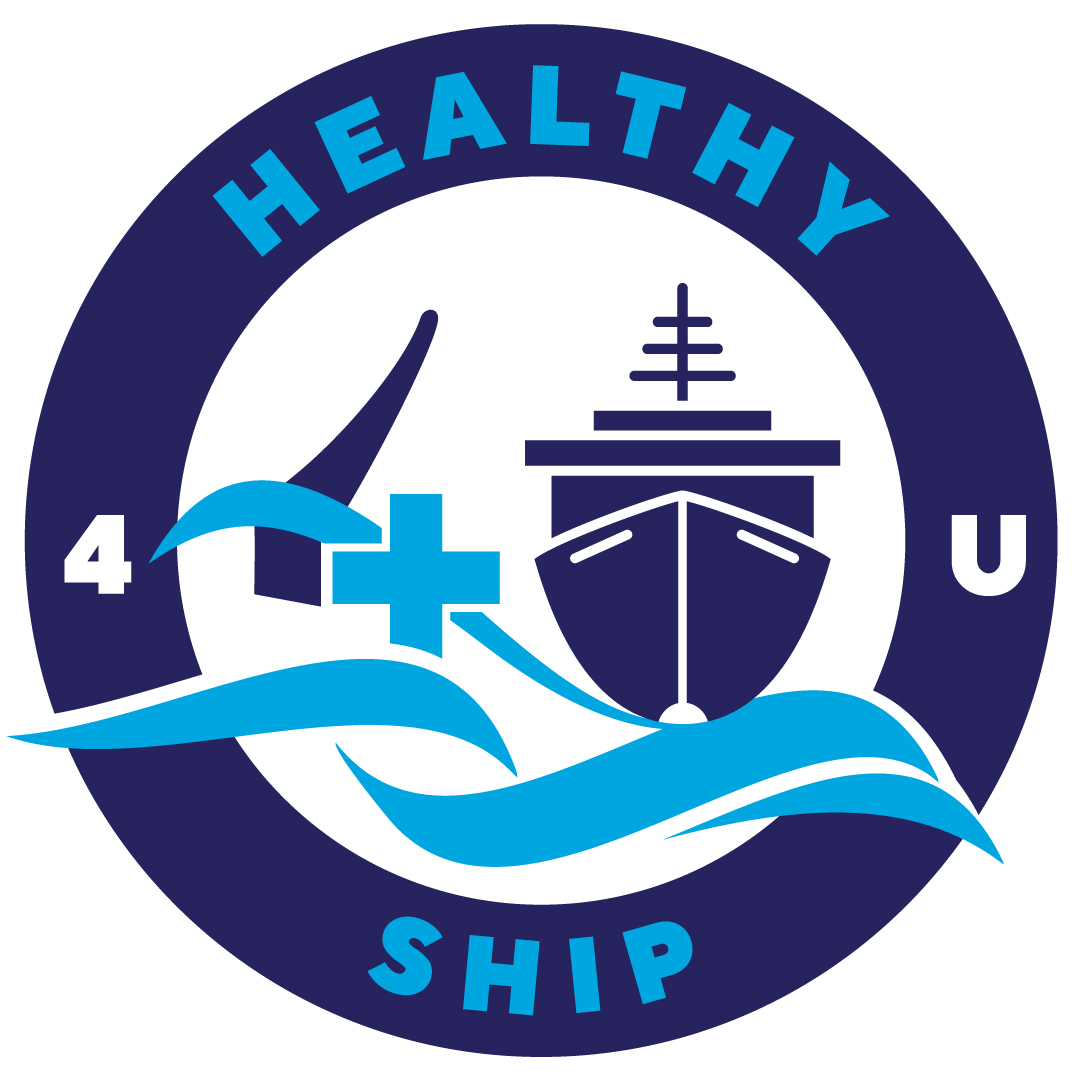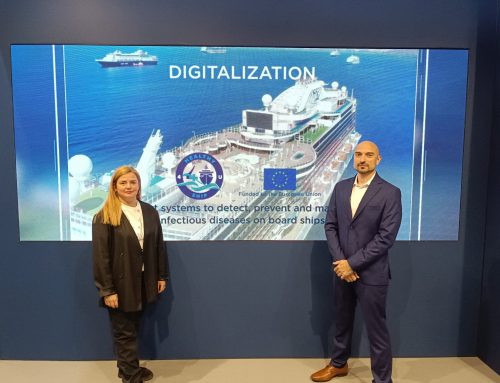After three years (2022-2025) of cutting-edge research, real-world testing, and cross-sector collaboration, the HS4U project has reached its conclusion—leaving behind a powerful legacy of innovation for the maritime industry. Funded under Horizon Europe, HS4U set out with a clear mission: to make maritime travel safer, healthier, and more resilient in the face of global health challenges. Today, it delivers an integrated technology ecosystem that equips ships with tools to detect, prevent, and respond to infectious risks like never before.
At the heart of HS4U are eight Key Exploitable Results (KERs)—smart solutions that combine pathogen monitoring, environmental sensing, antimicrobial coatings, simulation tools, and even a prototype Robot Cabin to test everything in real conditions.
- KER #1 Antimicrobial Solutions by CNTLab: SynthAg™ silver-ion formulations that reduce microbial load by over 90% within 60 seconds.
- KER #2 Generic Communication Module (GCM) by Unparallel: Compact, multi-sensor units that monitor air quality and passenger comfort in real time.
- KER #3 StreamHandler by Netcompany: The secure data backbone connecting sensors, systems, and decision-making tools.
- KER #4 Wastewater Sampler by RWO: A non-invasive unit for continuous virus surveillance through wastewater.
- KER #5 Maritime Health Risk Simulation Platform by AETHON: Models passenger movement and interactions to assess exposure risk.
- KER #6 Biomedical Modelling Simulation by Infili: Real-time infection risk evaluation and dynamic response support.
- KER #7 Online Dynamic Systems by Ecosense-Better Air: Including the Virus Detection System for HVAC and HS4U E-BIOTIC PRO, a probiotic dispersal system that creates a natural biotic shield.
- KER #8 Robot Cabin by LEDRA and Tsikis Boatyard: A smart cruise cabin prototype integrating all HS4U technologies for testing and demonstration.
Together, these outcomes form the HS4U ecosystem—a scalable, interoperable framework validated in a demo space, proving its readiness for real-world deployment. HS4U is more than a research project—it’s a blueprint for the future of health resilience at sea. The technologies developed strengthen public health preparedness, support evidence-based decision-making, and give ship operators new ways to protect passengers and crew.
Through digital campaigns, events, and stakeholder engagement, the project sparked dialogue across the maritime, health, and policy communities—ensuring that its impact goes far beyond the project timeline. As HS4U wraps up, its achievements remain. The innovations it delivered are ready to transform maritime health standards, ensuring that ships of the future are not only more sustainable and efficient—but also safer, smarter, and more resilient places to travel and work. The journey of HS4U may be complete, but its technologies are already paving the way toward a healthier maritime future.































































